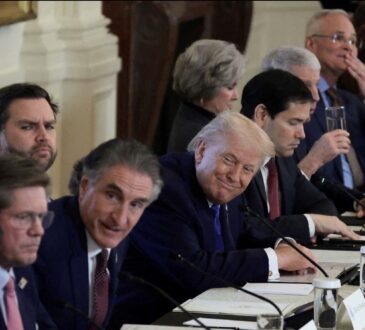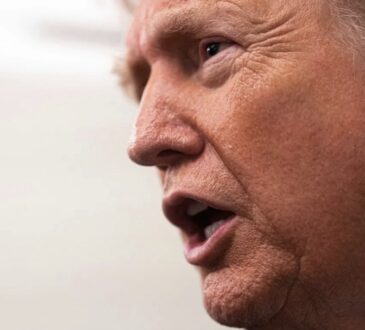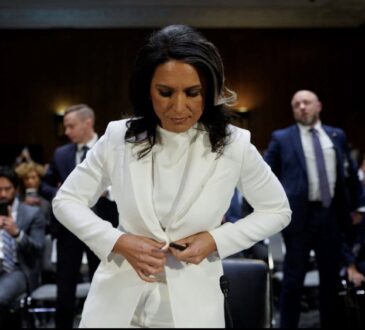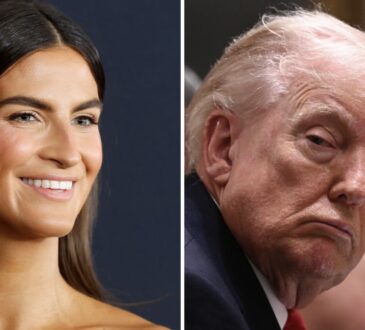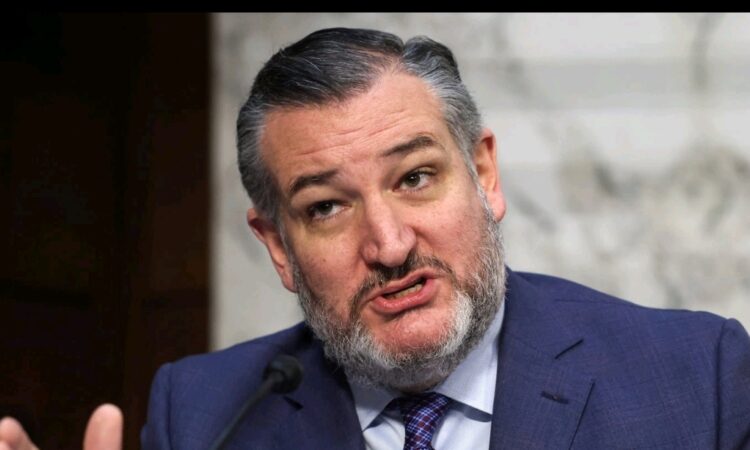
President Trump has come out in full defense of his FCC chairman, Brendan Carr, after Carr threatened ABC and pushed for Jimmy Kimmel’s suspension. Trump praised Carr as a “courageous patriot” who had the guts to take on networks that, in Trump’s view, constantly portray him unfairly. To Trump, Carr isn’t abusing power—he’s standing up against a media that he believes twists his successes into failures and poisons public opinion against him.
But even within Trump’s own party, there’s unease. Senator Ted Cruz, hardly a liberal defender of Kimmel, blasted Carr’s actions as authoritarian and reckless. On his podcast, Cruz compared Carr’s tactics to mob shakedowns, even mocking them in a fake mafioso voice: “Nice bar you have here, shame if something happened to it.” Cruz warned that if Republicans normalize using government power to silence media critics, Democrats will eventually do the same when they return to power—and they’ll “use it ruthlessly.” In other words, what feels like a short-term victory for MAGA could backfire horribly on conservatives themselves.
The backdrop to all of this is Kimmel’s firing. His late-night show was abruptly pulled after he made sharp comments about the MAGA movement’s reaction to the assassination of Charlie Kirk. Kimmel criticized conservatives who, in his view, were spinning the murder for political purposes instead of grappling with what it meant. Carr, who is not just Trump’s FCC chair but also a leading figure in Project 2025, went on Benny Johnson’s podcast to issue a thinly veiled threat: ABC could either take action against Kimmel “the easy way or the hard way,” or risk losing its broadcast license. That ultimatum left little doubt that the government was strong-arming a network into silencing one of its critics.
Democrats immediately denounced the move as a direct assault on the First Amendment. House leaders, including Hakeem Jeffries, called Carr’s threats “bullying” and accused Trump and his allies of waging a coordinated war on free speech. They demanded Carr’s resignation, warning that the government’s role is to protect free expression, not dictate which viewpoints are acceptable.
Even though Republicans in Congress have largely stayed cautious, Cruz’s sharp words underscore just how dangerous this precedent could become. Cruz made it clear he doesn’t find Kimmel funny anymore, but he said comedy—or even bad comedy—does not justify a government crackdown. The issue isn’t about taste or talent. It’s about whether the government should be in the business of deciding what can or cannot be said on television.
And Kimmel’s suspension is only one part of a bigger pattern. This week alone, Trump filed a staggering \$15 billion defamation lawsuit against the *New York Times* and several of its top journalists for reporting that questioned the honesty of his business record. He berated an Australian journalist for daring to ask if it was appropriate for a president to enrich himself while in office. He snapped at ABC’s Jonathan Karl for pressing him about Attorney General Pam Bondi’s threats to prosecute so-called “hate speech”—which, legally, is still protected by the First Amendment. And by Thursday, Trump was openly suggesting that broadcasters who allow “overt criticism” of him should “maybe lose their license.”
All of these moves show a consistent pattern. Trump does not see the press as an independent check on power or a place for free expression. He sees it as an enemy to be crushed, punished, or controlled if it steps out of line. Supporters like Carr frame this as defending “honesty and integrity,” but the reality is more straightforward: Trump wants to decide what is said about him, and he’s willing to use the weight of the federal government to enforce that.
Cruz may be right to be alarmed. Once the precedent is set that the government can punish networks for criticizing those in power, the tools don’t disappear when leadership changes hands. If Democrats one day used those same levers against Fox News or conservative talk radio, the outrage would be deafening. But Trump’s embrace of Carr shows that he isn’t concerned about that risk. For him, the immediate goal is control, and silencing critics is more urgent than protecting any principle of free speech.

